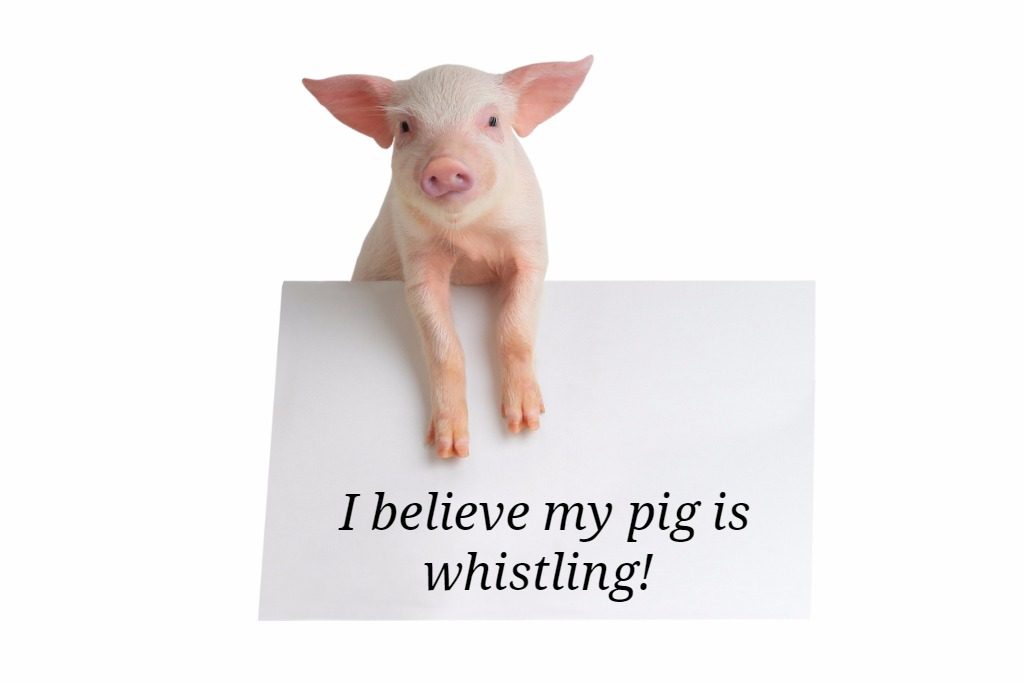Idioms can pose particular challenges for translators. Some expressions are more straightforward to translate, as they have an equivalent in the target language. The French saying quand on parle du loup (on en voit la queue), for example, literally means ‘when you speak of the wolf (and you see its tail)’, which could be translated into English as speak of the devil (and he will appear).

We especially like the Arabic and Chinese versions of the English saying pot calling the kettle black, which becomes the camel doesn’t see the crookedness of its own neck in Arabic and the turtle makes fun of the other turtle’s short tail in Chinese!
But when the target language doesn’t have an idiom with the same meaning, things get trickier and a translator may have to paraphrase the expression without using idiomatic language – they could then compensate for this by introducing another idiom into the translation somewhere else.
Some of these idioms will look like a fish out of water in English, but we think they’re hilarious!
|
Language |
Animal Idiom |
Literal Translation |
Meaning |
|
German |
Er hat den Bock zum Gärtner gemacht |
He’s made the goat the gardener |
To let someone do something/ to give someone a job that he/she is absolutely unsuitable for |
|
French |
Quand les poules auront des dents |
When chickens have teeth |
Pigs might fly! |
|
Spanish |
Un pez gordo |
A fat fish |
Big shot |
|
French |
Passer du coq à l’âne |
Jump from the rooster to the donkey |
Jump from one topic to another |
|
Italian |
Correre dietro alle farfalle |
To run behind the butterflies |
Waste time, chase after something unachievable |
|
Polish |
Bazgrze jak kura pazurem |
Scribbles like a chicken with a claw |
Someone has terrible handwriting! |
|
German |
Wie die Kuh vorm neuen Tor dastehen |
Like a cow standing before a new gate |
Someone is very confused! |
|
French |
Se faire poser un lapin |
To be given a rabbit |
To be stood up |
|
Spanish |
Pensar en las musarañas |
To think about the field mice |
To day dream |
|
Polish |
Dostał małpiego rozumu |
To have monkey brains |
Suddenly behave strangely, foolishly or aggressively |
|
Italian |
Far vedere I sorci Verdi |
To make someone see green rats |
To warn someone they’re about to be defeated! |
|
German |
Wo sich Hase und Fuchs gute Nacht sagen |
Where the hare and the fox say goodnight |
In the middle of nowhere! |
|
French |
Donner de la confiture aux cochons |
To give jam to the pigs |
To give someone something refined that they won’t appreciate |
|
Spanish |
Buscarle tres pies al gato |
To look for three feet of the cat |
To be looking for trouble! |
|
Polish |
Ma węża w kieszeni |
Have a snake in your pocket |
To be tight-fisted |
|
German |
Ich glaube, mein Schwein pfeift! |
I believe my pig is whistling! |
Blow me down! I don’t believe it! |
These idioms also have equivalent expressions in English – can you guess what they might be?
French: vendre la peau de l’ours avant de l’avoir tué
Literal translation: to sell the bear’s skin before it’s been killed
Spanish: cría cuervos y te sacaran los ojos
Literal translation: breed cows and they will poke out your eyes
Let us know what you think!


Wie der Ochs vor’m Berg (stehen) = like an ox before a mountain/like a dying duck before a thunderstorm/dumfounded
Schneckentempo = at a snail’s pace/really slow
Aus einer Mücke einen Elefanten machen = to make a mountain out of a molehill/to exaggerate
Die Mücke/Fliege machen = to go away
Sich zum Affen machen = to turn oneself into an ape/to make a fool of oneself
Als Tiger srpingen und als Katze landen = Jump like a tiger and land like a cat/to overpromise
Ein schweinischer Witz = a piigish joke/ a really distasteful joke
Thank you Jochen, und dankeschön- these are great ones! 🙂
Absolutely love it!!!
Having just had the Ensize International Summit, I am very aware of the nuances in translation that sometimes make us giggle.
Linguistics was a favorite course for me, I enjoy idioms and my brain is quickest around the phonetics. Wish it was better with the actual meanings rather than sounds. Oh well. Thanks.
“Far vedere i sorci verdi” means more “To fight with all your strength and put the enemy in great difficulties”
Very amusing!
I’m learning Czech – any Czech idioms we should know? 🙂 Very entertaining article, thanks!